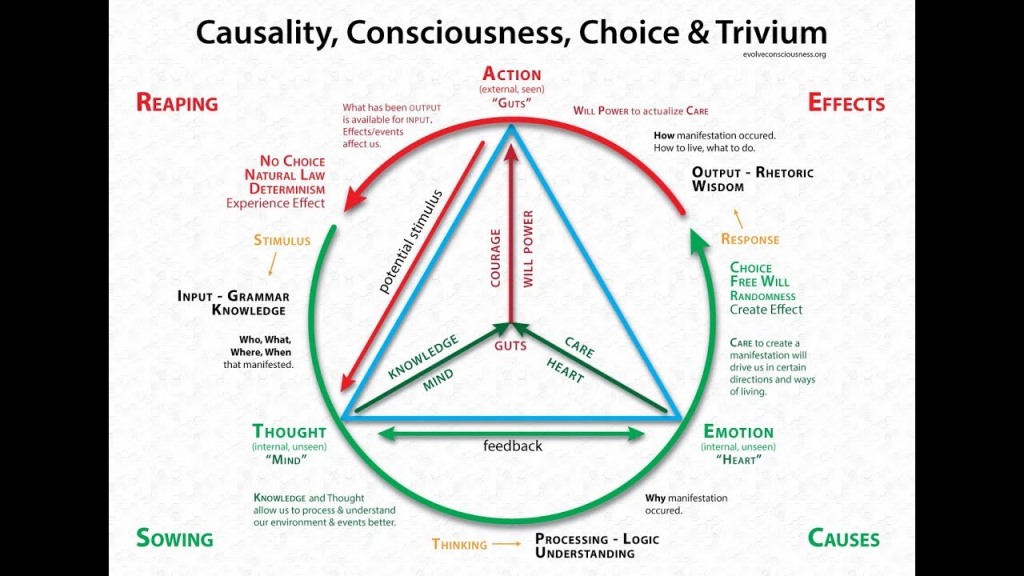Trivium and Quadrivium Studies: A Path to Holistic Education
In the realm of alternative schooling and education, there is a growing interest in holistic approaches that prioritize a well-rounded understanding of knowledge. Trivium and Quadrivium studies offer a unique framework that combines liberal arts subjects with critical thinking skills, fostering intellectual growth and nurturing lifelong learners.
Dating back to ancient Greece, the trivium consisted of three core subjects: grammar, logic (also known as dialectic), and rhetoric. These disciplines formed the foundation for higher education during medieval times. The trivium served as a way to cultivate clear communication skills, logical reasoning abilities, and effective persuasion techniques.
Grammar involved mastering language structure, vocabulary, and syntax – equipping students with tools to understand written texts deeply. Logic focused on teaching students how to analyze arguments critically and identify fallacies in reasoning. Rhetoric then honed their ability to express themselves eloquently through speech or writing.
While the trivium lays the groundwork for effective communication and critical thinking skills, it is complemented by quadrivium studies – four additional disciplines that complete a comprehensive education. The quadrivium encompasses arithmetic (number theory), geometry (spatial relationships), music (harmony), and astronomy (the study of celestial bodies).
Arithmetic introduces students to numerical patterns while developing problem-solving abilities. Geometry explores spatial dimensions by examining shapes and their properties – training individuals’ visual-spatial intelligence alongside abstract reasoning skills. Music deepens appreciation for harmonious sounds while teaching mathematical concepts like ratios or frequencies. Lastly, astronomy engages students in understanding our place within the universe while connecting physical phenomena with mathematical models.
The beauty of combining both trivium and quadrivium studies lies in their interconnections across various subjects. For instance, exploring literature through grammar allows for an appreciation of linguistic nuances while employing logical analysis sharpens one’s interpretation skills further.
Implementing these educational philosophies in alternative schooling environments can yield numerous benefits. By emphasizing critical thinking, students become active participants in their learning journey rather than passive recipients of information. The trivium and quadrivium approach encourages curiosity, independent thought, and self-expression.
Additionally, these studies foster a holistic understanding of the world by bridging the gap between arts and sciences. Students gain a well-rounded perspective that encourages interdisciplinary exploration and creative problem-solving – skills increasingly valued in today’s complex society.
Furthermore, trivium and quadrivium studies promote lifelong learning by instilling a deep love for knowledge itself. Instead of focusing solely on memorization or passing exams, students are encouraged to question assumptions and seek answers independently.
In conclusion, trivium and quadrivium studies offer an engaging alternative to traditional education systems. By combining liberal arts subjects with critical thinking skills across various disciplines, this holistic approach cultivates well-rounded individuals equipped with strong communication abilities, logical reasoning skills, creativity, and an insatiable thirst for knowledge. As alternative schooling gains momentum globally, embracing these ancient educational frameworks can pave the way towards a brighter future where learners thrive both academically and personally.

Leave a comment